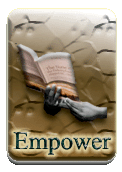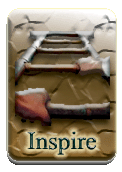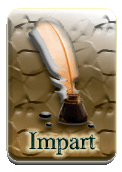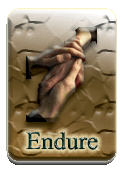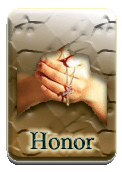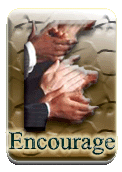| |
home | daily thought | life stories | poems | death | loss | testimonials | products | |||||||||||||||||||||||||||||
 |
||||||||||||||||||||||||||||||
| |
||||||||||||||||||||||||||||||
The Best ThingAuthor: Tim Nichols, 07/04
Newspapers from my hometown said there had been a rise in suicides. Crisis centers were straining. Thousands were suddenly out of work. Factories that had given Akron its nickname, "The Rubber Capitol of the World," were shutting down. No retirement would go to those who dreamed mainly of it. I was stationed with the army in northern Italy at the time. I found a place to be alone and I wept. I lost weight while I got used to the idea, over the next few weeks that my dad was out of work. Like droves of others in the 1940s, my dad moved from West Virginia to northern Ohio to find work. Grandpa and uncles moved too. The lumber industry in central West Virginia had dried up. Coal mines provided few jobs at that time. So my dad migrated from the mountains to the flatlands, from a dirt farm in paradise to a new way of life where smoke belched among a people who both ridiculed and admired the newcomers from the hills. He married my mother. They had six children. I'm number four. The factory pay was good. My dad earned his. He went to work a full hour before he was required to be there. His hands and his tools were already prepared to go to work when the time clock registered that he was there. He made up for what he lacked in education in effort and raw ability. Eighth grade was the norm for his generation and place of birth. He had milked a lot from the limited opportunity. He was a fast learner. Without formal training, Dad was a skilled carpenter. When he was not at the factory he was usually working on odd jobs. He roofed houses, built garages and porches, and developed human contacts to help him find more of these opportunities. I recall, as a youngster, seeing only a few books beside his bed. The only title I remember is, HOW TO WIN FRIENDS AND INFLUENCE PEOPLE, by Dale Carnegie. He never complained, but Dad did not especially love going into the factory and sweating for more than eight hours at a time. I infer that from his frequent mention, in those days, of the number of years he had left before he could retire. Every time the union negotiated a new contract the number changed. He had it down to years, months, and weeks. Retirement was the glorious carrot dangling out there, coming closer all the time. Quitting was not an option that he ever mentioned. He had only a few years left before he could retire when I joined the army. He knew exactly how many. Then the newspaper came. They stole my dad's carrot. How would he find a way to land on his feet after that? I called home. Dad said they were offering some sort of retraining benefit, but it did not sound like much at the time. It felt like a tiny handout compared with the withdrawn promise of retirement. A few months later he told me that he was enrolled in a class preparing him to take the GED. He passed that. He enrolled in a real estate course. Then he said that he was selling real estate. Then he was building another house. He bought a place in Florida. He bought one property after another, houses needing work. Restoring these and then selling them or renting them, he seemed to be doing well. I don't remember exactly when it first dawned on me that he had recovered from the tragedy that caused me such distress. I do remember the moment it became crystal clear. I had left the army after my enlistment, gone to college, married, and was working out my own future. He said to me, "Timmy, you know what? The best thing that ever happened to me was when they shut down that factory." I think of that when my own options seem limited and when I'm uneasy about forced choices and forks in the road. When I catch myself demanding that the world line up with my own intentions and hopes I remember the "best thing that ever happened" to my dad. When fate robs us of our carrot, it's probably time to plant brand-new seeds in fresh soil and grow our own carrots. Life is seldom fair. It's up to us to so order our response to changes that we can later return and thank those who've slammed and locked doors. The world is indifferent about our success or failure. That's why we must not be. It is up to you--and no one else--to turn blighted hope and defeat into the best thing that ever happened to you.
_____ Tim Nichols' latest novel, The Reunion, portrays the horrific struggles faced by Civil War soldiers and civilians in West Virginia — and how they overcame. Visit www.timothynichols.com
Be Sure To Click Like To Get Updates On Facebook!
Your thoughts on 'The Best Thing'
Or you can choose one of the following links to select inspirational stories from one of our specialty pages; Dealing with Death, Loss and Grief Page Faith and Spiritual Foundation Page Inspiration and Motivation Page
|
|
|||||||||||||||||||||||||||||
| |
||||||||||||||||||||||||||||||
| |
|
|
|
|
|
|
||||||||||||||||||||||||
|
||||||||||||||||||||||||||||||||||||||||||||||||||||||||
© 1999 - D-Rose Impressions LLC, All Rights Reserved and the world will be a better place... one inspired soul at a time |




